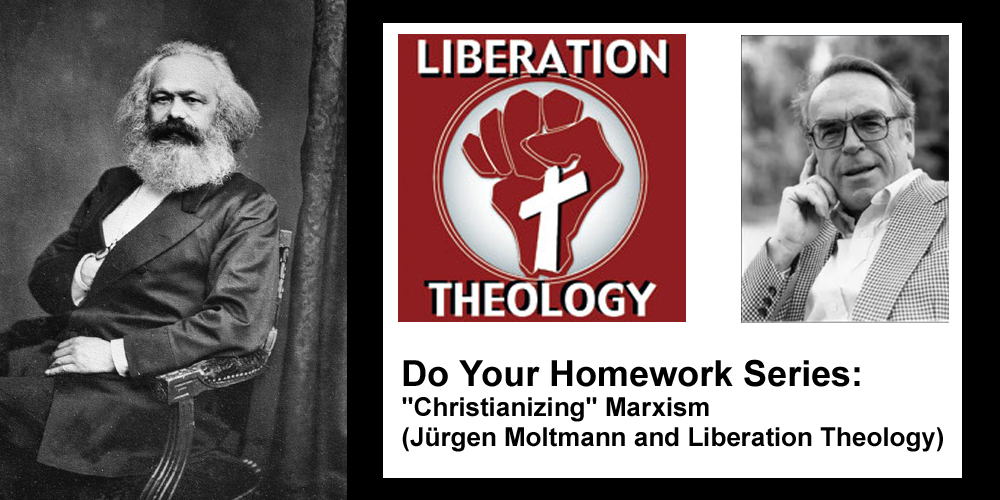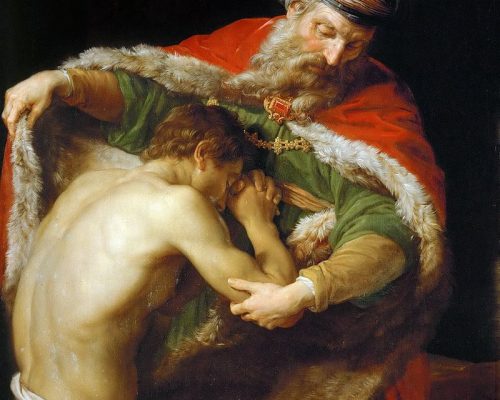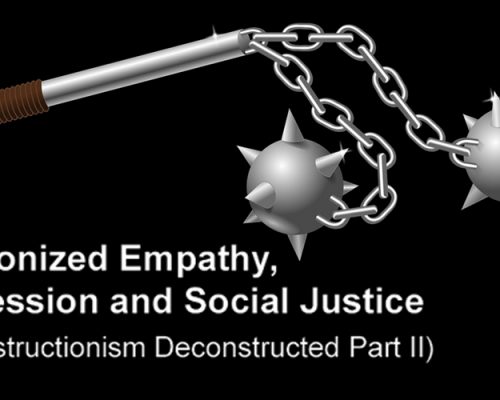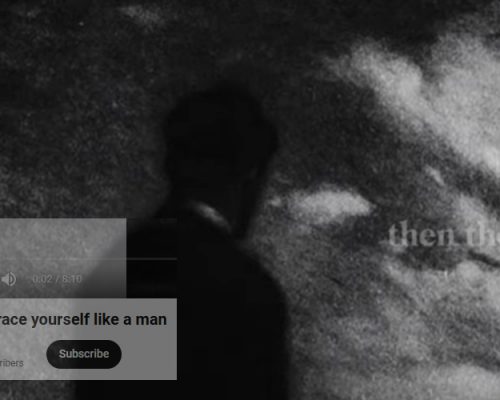These days every time I hear a nebulous quotation or atypical usage of scripture or “God ideas” in some Christian context–meme, music, sermon, book, etc–I feel compelled to do my homework. Because of what I have been learning in recent times, it now feels like navigating landmines.
My title here comes from a statement made in a talk by Jordan Cooper, linked at the end. It resonates because too often these days, we are hearing the “Christianizing” or “Jesus-izing” lens of Marxist political theology/agendas being applied to deconstruct orthodox views of the scriptures and Christian faith.
If I feel some concern or curiosity, one of my “go-to” methods of quickly assessing if my impressions have any basis in truth/reality is to Google the thinker’s name along with either the word “Marxism” or “heresy.” If significant results immediately show, then it is likely worth my time doing a bit of exploration so that I add to my toolbelt of discernment how the particular person/line of thought intersects with broader ideologies.
I recently saw a meme with a quotation by Jürgen Moltmann that made a statement using an arrangement of words and concepts that gave me pause, to scrutinize and discern what ground was being advanced. Is this orthodox grounds of understanding faith and hope, or, is it some new and possible Hegelian dialectical lens being applied to scriptural content?
It struck me as a type of nebulous word-salad typical of philosophers, theologians and political activists who have been influenced by Derrida. But, I digress…
I did not know. So, I did my homework.

Our responses to visual and other information are prompted by a number of things, including our knowledge-base and previous encounters with something. As I look at this meme, I wonder whether the theologian’s pose reminded me of similar images associated with various philosophers and theologians. A picture communicates a number of things, and whether it is one of CS Lewis or Karl Marx, photos typically communicate that the person is intelligent and respected, and therefore, should be heard.
I’m not saying this is wrong in-and-of-itself…surely it is a human function of communication. But, on the other hand, just because someone is portrayed with an “intellectual, kosher or authoritative” vibe, visually, should not give their words and ideas some “free pass.”
These days, we must especially remain on guard with the ideas that come and go through our mind-heart-soul gates and church gates.
I think my curiosity was also roused because I have seen that book title before, as well as another by Moltmann. The two main works he is known for are Theology of Hope and The Crucified God.
Any reader wanting to add to their knowledge base on Moltmann can Google and see his other works, thus…an invitation to the reader here to do some homework, too.
I’m not going to spend significant time here elaborating on what I’ve learned about Moltmann but to hit upon the highlights and leave the interested reader to further explore. Surely, Moltmann’s relationship with Marxist ideologies is quite complex (as are a number of other Hegelian-Marxist philosophers and theologians). These things can be hard to articulate, but as Christians if we train ourselves in our understandings (a way to love God with all of our minds, too…not just with our empathetic, passionate leanings), we will begin to know something when we see/hear/touch/smell/taste it flavoring and simmering out through a variety of things coming at us these days.
This article (Jürgen Moltmann, Karl Marx and God: An Unlikely Trinity) was one of the first I browsed, and the following statement upon further exploration seems well-supported: “Among scholars familiar with the work of Jürgen Moltmann there exists little debate that this most prominent of German theologians has been deeply influenced by Marxist categories of thought.”
Moltmann is connected to liberation theology, and his wife Elisabeth Moltmann-Wendel was a German feminist theologian. Right here is a lot of potential homework that interested readers might pursue. For now, I am going to link a few of YouTube’s below that are a starting place. The first, by Jordan Cooper, was hard for me to easily digest as there are so many references to other thinkers/theologians in what seems to be a long introduction (nearly half the talk) for him to set the stage so-to-speak to discuss Jürgen Moltmann. Maybe you can bear with it, maybe not. There are likely other sources that would be more digestable, but I have been gaining solid understandings of the various influencers of modern thought through Jordan Cooper’s series on Modern Thinkers. And for that reason, I will also link his talk about Hegel. I can see how Moltmann’s Christiology/Theology/Eschatology employs Hegelian dialectical concepts.
The following talk I have NOT listened to in full, but I may visit it when I have time.
On Hegel and Derrida:


Thank You For Reading
Please Feel Free To Express Your Thoughts Below




